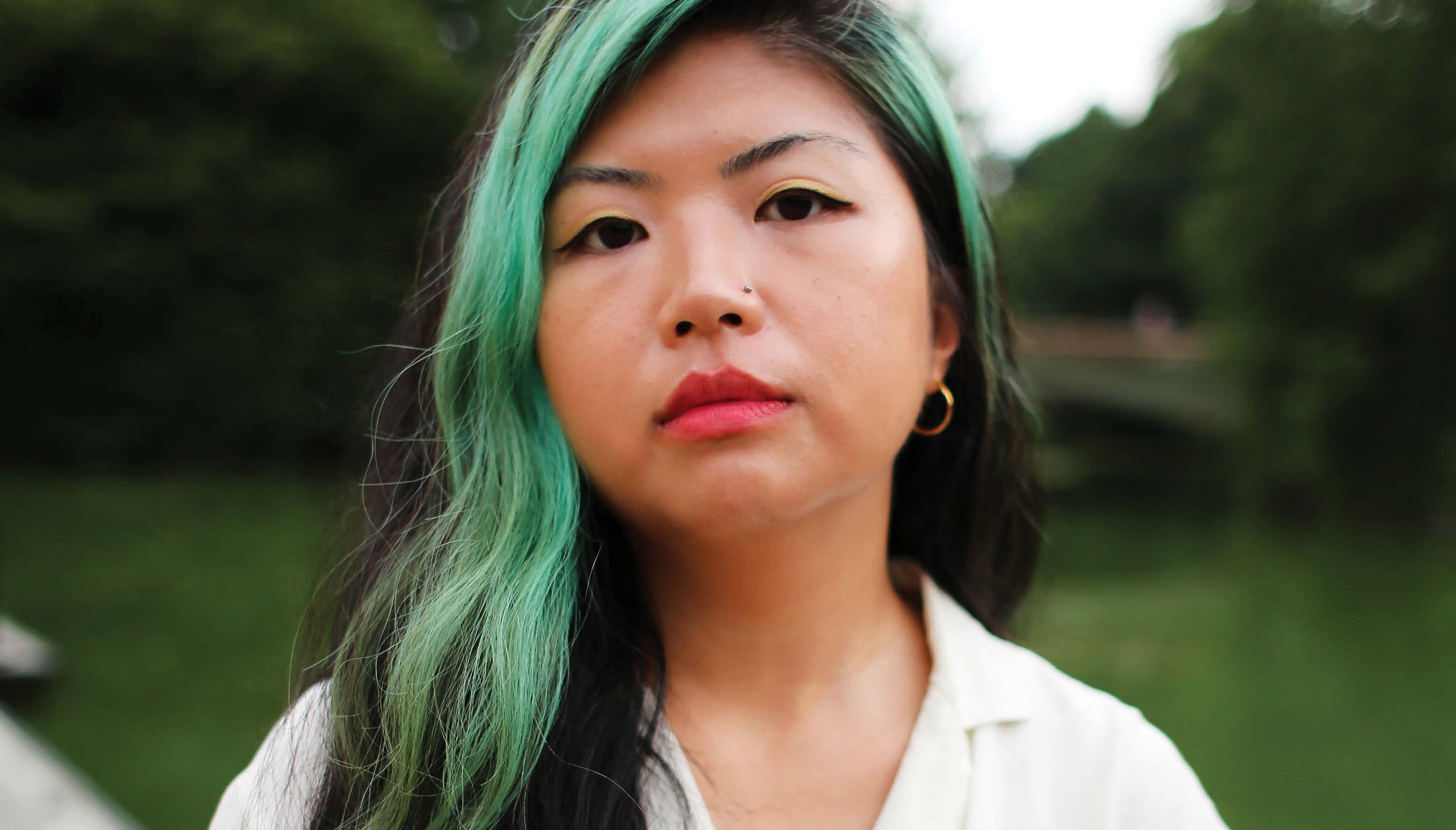
GRAY clouds hang low overhead as Gina Chung and I meet for a walk in Brooklyn, New York's Prospect Park. There is a hint of mist in the air, and though it's mid-January, the morning temperature is warm, teasing us with a taste of spring. For weeks the thermometer in New York City has been ping-ponging from bitter freezing to short-sleeve mild, an unsettling if fitting backdrop, given that Chung's debut novel, Sea Change, published by Vintage in March, has a foot in the genre of climate fiction. The unifying element of cli-fi, as it's colloquially known, is the setting, a futuristic world deeply affected by climate crisis. Though the genre is marketed as speculative-part dystopian, part science fiction Chung and I agree that these days cli-fi reads closer to realism.
Indeed, Sea Change is set in a recognizable world, seemingly only a decade or so ahead of our own. The most striking difference: Pollution from factories and refineries has created a mysterious zone in the Bering Sea called the Bering Vortex, where the water shines iridescent with toxins. The aquatic life that strangely thrives in this chemical soup has reverted to prehistoric dimensions, reminiscent of the magical marine beasts in Hayao Miyazaki's 2008 animated film, Ponyo. The Vortex also has a sinister Bermuda Triangle quality to it, as the novel's protagonist, Ro, lost her father there on a research trip fifteen years ago. He disappeared at sea, and Ro's grief at his absence lingers. Like her father, Ro is an aquarist. Her main responsibility is caring for a two-decade-old mutant octopus named Dolores, with tentacles more than twenty feet long and eyes the size of classroom globes. This leviathan was pulled from the Vortex but now lives alone in an aquarium tank in a run-down shopping mall in New Jersey.
This story is from the May - June 2023 edition of Poets & Writers Magazine.
Start your 7-day Magzter GOLD free trial to access thousands of curated premium stories, and 9,000+ magazines and newspapers.
Already a subscriber ? Sign In
This story is from the May - June 2023 edition of Poets & Writers Magazine.
Start your 7-day Magzter GOLD free trial to access thousands of curated premium stories, and 9,000+ magazines and newspapers.
Already a subscriber? Sign In

Literary MagNet
When Greg Marshall began writing the essays that would become his memoir, Leg: The Story of a Limb and the Boy Who Grew From It (Abrams Press, June 2023), he wanted to explore growing up in Utah and what he calls \"the oddball occurrences in my oddball family.\" He says, \"I wanted to call the book Long-Term Side Effects of Accutane and pitch it as Six Feet Under meets The Wonder Years.\" But in 2014 he discovered his diagnosis of cerebral palsy, information his family had withheld from him for nearly thirty years, telling him he had \"tight tendons\" in his leg. This revelation shifted the focus of the project, which became an \"investigation into selfhood, uncovering the untold story of my body,\" says Marshall. Irreverent and playful, Leg reckons with disability, illness, queerness, and the process of understanding our families and ourselves.
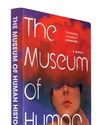
THE MEUSEUM OF HUMAN HISTORY
READING The Museum of Human History felt like listening to a great harmonic hum. After I finished it I found the hum lingering in my ears. Its echo continued for days.
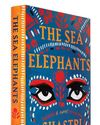
The Sea Elephants
SHASTRI Akella's poised, elegant debut, The Sea Elephants, is a bildungsroman of a young man who joins a street theater group in India after fleeing his father's violent disapproval, the death of his twin sisters, and his mother's unfathomable grief.
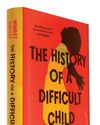
The History of a Difficult Child
MIHRET Sibhat's debut novel begins with God dumping rain on a small Ethiopian town as though. He were mad at somebody.
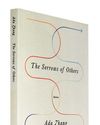
The Sorrows of Others
AS I read each story in Ada Zhang’s brilliant collection, The Sorrows of Others, within the first few paragraphs— sometimes the first few sentences— I felt I understood the characters intimately and profoundly, such that every choice they made, no matter how radical, ill-advised, or baffling to those around them, seemed inevitable and true to me.
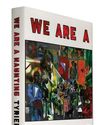
We Are a Haunting
TYRIEK White’s debut novel, We Are a Haunting, strikes me as both a love letter to New York City and a kind of elegy.

RADICAL ATTENTION
IN HER LATEST BOOK, THE LIGHT ROOM: ON ART AND CARE, PUBLISHED BY RIVERHEAD BOOKS IN JULY, KATE ZAMBRENO CELEBRATES THE ETHICAL WORK OF CAREGIVING, THE SMALL JOYS OF ORDINARY LIFE, AND AN ENGAGEMENT WITH THE NATURAL WORLD WITHIN HUMAN SPACES.

The Fine Print
HOW TO READ YOUR BOOK CONTRACT

First
GINA CHUNG'S SEA CHANGE
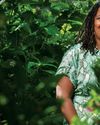
Blooming how she must
WITH ROOTS IN NATURE WRITING, ENVIRONMENTAL JUSTICE, POETRY, AND PHOTOGRAPHY, CAMILLE T. DUNGY'S NEW BOOK, SOIL: THE STORY OF A BLACK MOTHER'S GARDEN, DELVES INTO THE PERSONAL AND POLITICAL ACT OF CULTIVATING AND DIVERSIFYING A GARDEN OF HERBS, VEGETABLES, FLOWERS, AND OTHER PLANTS IN THE PREDOMINANTLY WHITE COMMUNITY OF FORT COLLINS, COLORADO.